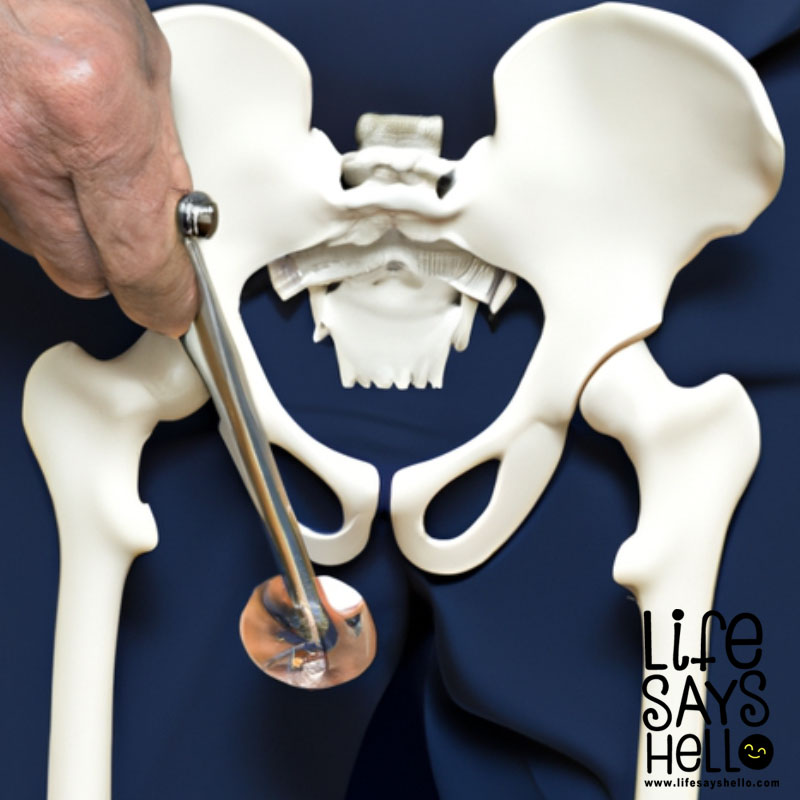Understanding the Effects of Viagra on Your Husband and Your Relationship: A Comprehensive Guide

If your husband has decided to take Viagra, it's essential to understand its effects on both him and your relationship to ensure a positive experience for both of you.
Viagra has become a household name since its introduction to the market in the late 90s. It's a medication that many men turn to when they experience erectile dysfunction (ED) or simply want to improve their sexual performance. As a partner, it's essential to understand what to expect when your husband takes Viagra and how it can affect your relationship. In this comprehensive guide, we will delve into the world of Viagra, exploring its effects on your husband, your relationship, and offering tips on how to support him through this journey.
What is Viagra?
Viagra, also known by its generic name Sildenafil, is a medication primarily used to treat erectile dysfunction. It works by increasing blood flow to the penis, allowing for a stronger and more sustained erection. Viagra has become a popular solution for men who struggle with ED or want to enhance their sexual performance.
There are various reasons why men may choose to use Viagra. Some common reasons include:
- Age-related erectile dysfunction
- Performance anxiety
- Medical conditions affecting sexual performance
- As a temporary solution while addressing underlying issues
Given the widespread use of Viagra, it's crucial for partners to understand its effects on their husbands and their relationships.
How Viagra Affects Your Husband
The Physical Effects of Viagra on Your Husband
When your husband takes Viagra, it's essential to be aware of the physical effects it may have on him. Here are some key points to consider:
Erection and Duration
Viagra typically starts working within 30 minutes to an hour after taking the pill. It can last for up to four hours, although the strength of the erection may decrease over time. Keep in mind that Viagra doesn't cause an erection by itself – sexual stimulation is still necessary for your husband to achieve and maintain an erection.
Side Effects
As with any medication, there can be side effects associated with Viagra. Some common side effects include:
- Headaches
- Flushing
- Upset stomach
- Dizziness
- Stuffy or runny nose
It's important to note that these side effects are usually mild and temporary. However, if your husband experiences severe side effects or an erection that lasts longer than four hours, he should seek medical attention immediately.
The Psychological Effects of Viagra on Your Husband
In addition to the physical effects, Viagra can also have psychological effects on your husband. Here are some factors to consider:
Confidence Boost
For many men, taking Viagra can lead to a significant boost in confidence. Knowing that they can achieve and maintain an erection can help alleviate performance anxiety and lead to a more enjoyable sexual experience for both partners.
Potential Anxiety or Pressure to Perform
On the other hand, some men may feel increased pressure to perform after taking Viagra, especially if they believe their partner has high expectations. This pressure can lead to performance anxiety, which may counteract the positive effects of Viagra.
How Viagra Affects Your Relationship
As a partner, it's essential to understand how Viagra can impact your relationship. Here are some key points to consider:
Communication Between Partners Regarding Viagra Use
Open communication is crucial when it comes to discussing Viagra use with your husband. Make sure to have an honest conversation about his reasons for using Viagra, any concerns either of you may have, and your expectations for your sexual relationship moving forward.
The Potential Impact on Intimacy and Sexual Satisfaction
Viagra can have a positive impact on your intimate relationship, especially if your husband has been struggling with erectile dysfunction. Improved sexual performance can lead to increased satisfaction for both partners. However, it's important to remember that Viagra is not a cure-all for relationship issues, and open communication and emotional intimacy are still essential for a healthy relationship.
Addressing Any Concerns or Misconceptions About Viagra
It's not uncommon for partners to have concerns or misconceptions about Viagra. Some may worry that their husband's use of Viagra indicates a lack of attraction or that it will lead to infidelity. It's essential to discuss these concerns openly and honestly, ensuring that both partners are on the same page.
Tips for Supporting Your Husband
As your husband embarks on his journey with Viagra, there are several ways you can support him:
Encouraging Open Communication About His Experience With Viagra
Make sure to create a safe space for your husband to discuss his experiences with Viagra, including any side effects or concerns he may have. This open communication can help alleviate any potential anxiety or pressure he may feel.
Offering Emotional Support and Reassurance
It's important to reassure your husband that your love and attraction for him are not solely based on his sexual performance. Offer emotional support and understanding as he navigates this new aspect of your relationship.
Being Patient and Understanding During the Process
It may take some time for your husband to find the right dosage of Viagra or adjust to its effects. Be patient and understanding during this process, and remember that it may take some trial and error before you both find the best way to incorporate Viagra into your sexual relationship.
Conclusion
In conclusion, understanding the effects of Viagra on both your husband and your relationship is crucial to ensuring a positive experience for both of you. By maintaining open communication, addressing any concerns, and offering support and understanding, you can help your husband navigate this new aspect of your relationship with confidence. Remember that Viagra is just one tool in the toolbox for maintaining a healthy and satisfying sexual relationship, and emotional intimacy and communication are equally important.




Comments